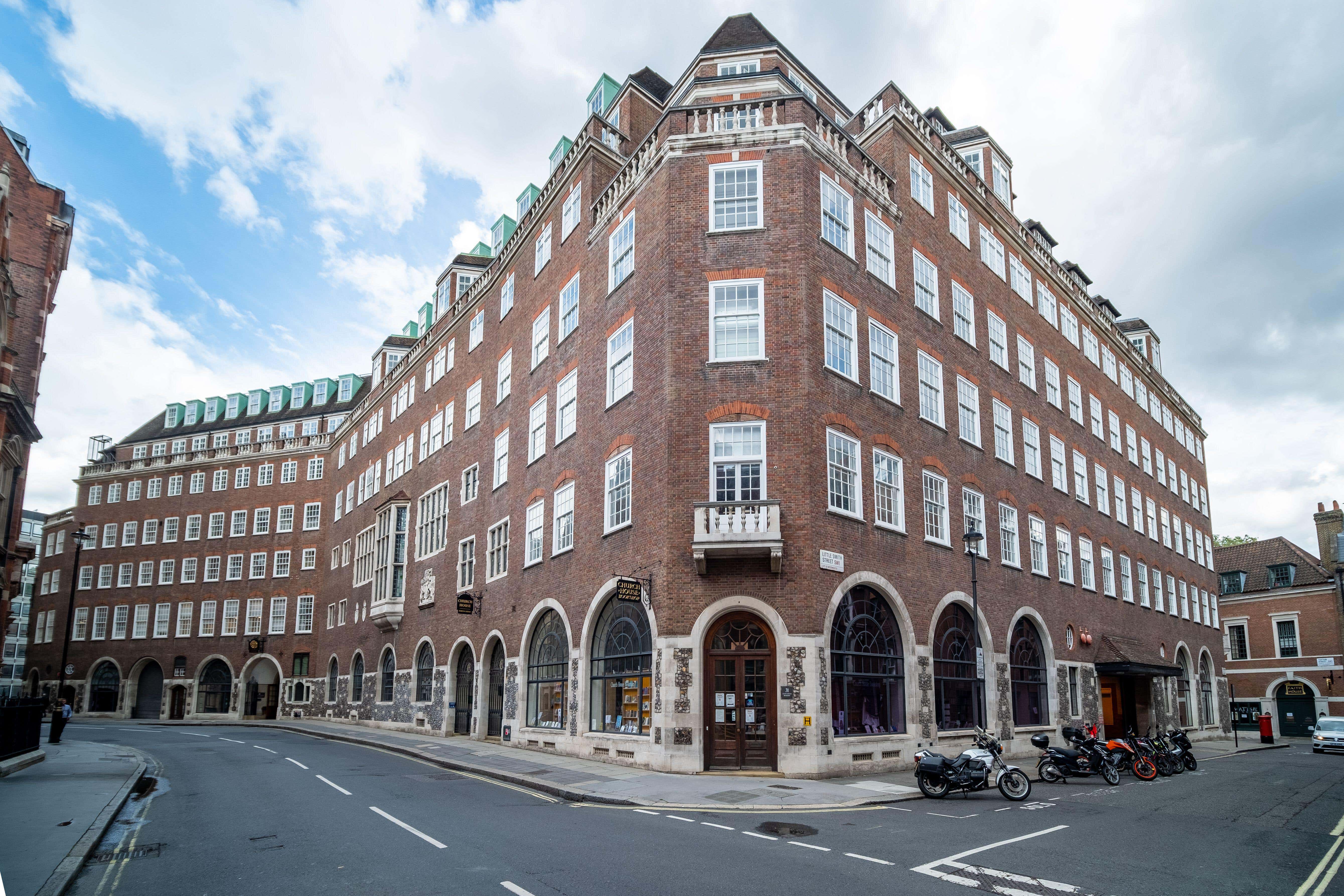Synod vote could see bullying lay members disqualified
Such behaviour could ‘blight a parish for years’ if left unaddressed, the church’s parliament was told.

Your support helps us to tell the story
From reproductive rights to climate change to Big Tech, The Independent is on the ground when the story is developing. Whether it's investigating the financials of Elon Musk's pro-Trump PAC or producing our latest documentary, 'The A Word', which shines a light on the American women fighting for reproductive rights, we know how important it is to parse out the facts from the messaging.
At such a critical moment in US history, we need reporters on the ground. Your donation allows us to keep sending journalists to speak to both sides of the story.
The Independent is trusted by Americans across the entire political spectrum. And unlike many other quality news outlets, we choose not to lock Americans out of our reporting and analysis with paywalls. We believe quality journalism should be available to everyone, paid for by those who can afford it.
Your support makes all the difference.Bullying by lay members in the Church of England has left people in “total misery” and struggling with their mental health, the General Synod has heard.
A large majority of members of the church’s parliament voted in favour of requesting legislation enabling church wardens and other lay officers to be disqualified from holding office if they engaged in such behaviour.
Mark Ireland, the Archdeacon of Blackburn, said he had cried hearing the stories of bullying experienced by others.
Since I first raised this difficult and sensitive issue, I have been inundated with stories from victims and survivors. Stories which have moved me sometimes to tears
He said while bullying clergy were “rightly” subject to a “robust” disciplinary process, lay members such as church wardens or others on parochial church councils (PCCs) faced “nothing” in terms of the ability to remove them from office or disqualify them.
While many PCCs already had codes of conduct, “they need to have teeth”, he added.
He told Synod on Sunday: “Since I first raised this difficult and sensitive issue, I have been inundated with stories from victims and survivors. Stories which have moved me sometimes to tears”.
In the completely senseless world I now inhabited there was only this Kafka-esque experience of dragging myself from one despair-ridden legal process to another
He quoted an anonymous survivor who said bullying by a church warden had “completely dismantled my life” and saw them fall into “total misery”.
The person said: “In the completely senseless world I now inhabited there was only this Kafka-esque experience of dragging myself from one despair-ridden legal process to another.”
A priest told of the “huge mental toll of having to meet their bully at every church service and meeting, and having to wash their feet on Maundy Thursday”, the archdeacon said.
He said the issue had been “in the ‘too difficult’ pile for too long”, and if not addressed it could “blight a parish for years”.
The private members’ motion called for the Synod to “request the Archbishops’ Council to bring forward legislative proposals which would enable a churchwarden, PCC member or other lay officer who was found to have conducted him or herself in such a manner to be disqualified from holding office”.
A total of 273 Synod members voted in favour, 15 against and 22 abstentions were recorded.
The latest motion followed one passed on Saturday asking the Archbishops’ Council to consider the possibility of drawing up a code of conduct for all PCC members and lay volunteers.
The measure aims to tackle a “lack of clear accountability” for non-clergy members where there are instances of “unco-operative or aggressive behaviour in meetings over a long period” and where there is currently no way to remove someone from a PCC.